Question And Answer
Publications
Articles, publications, books, tools and multimedia features from the U.S. Institute of Peace provide the latest news, analysis, research findings, practitioner guides and reports, all related to the conflict zones and issues that are at the center of the Institute’s work to prevent and reduce violent conflict.
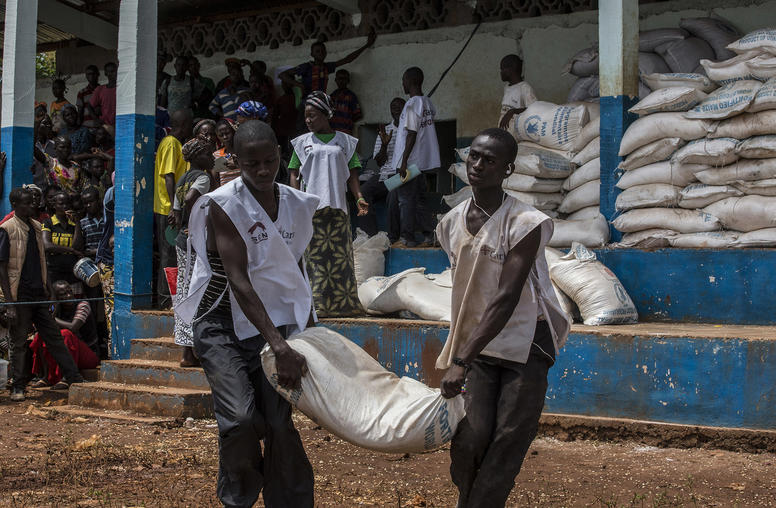
The Role of Aid and Development in the Fight Against Extremism
Extremist groups thrive in fragile states where basic needs go unmet. Development efforts can address the conditions that make people vulnerable to extremism. If you look at a map of where terrorist groups operate and where terrorist attacks occur, you will find that many coincide with locations of intractable conflict and deep development deficits. Low human development indicators, stark disparities in opportunity and access to resources, poor or scattered governance, and a history of conflict and social marginalization feature prominently among afflicted communities.
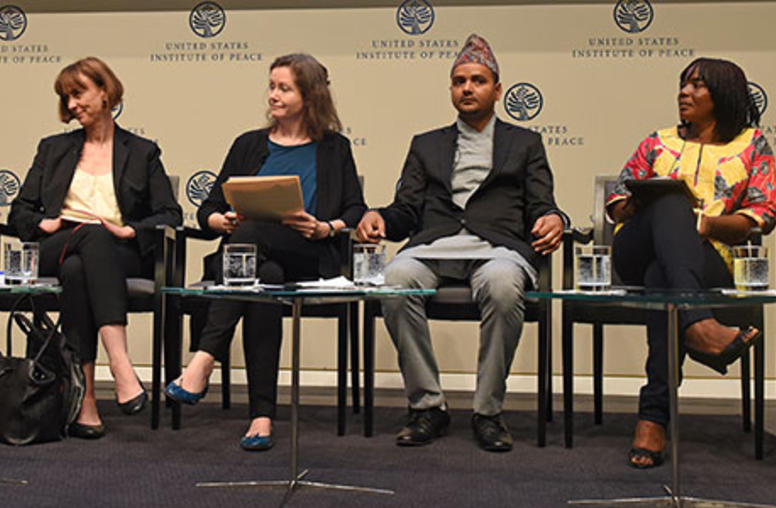
In Fragile States, Put Citizen Involvement First, Panel Says
A common strategy for state-building and development aid to transitional nations—getting basic services to the population—will fail to establish a government’s legitimacy unless citizens are included in the process, a leading researcher on conflict management said at the U.S. Institute of Peace.
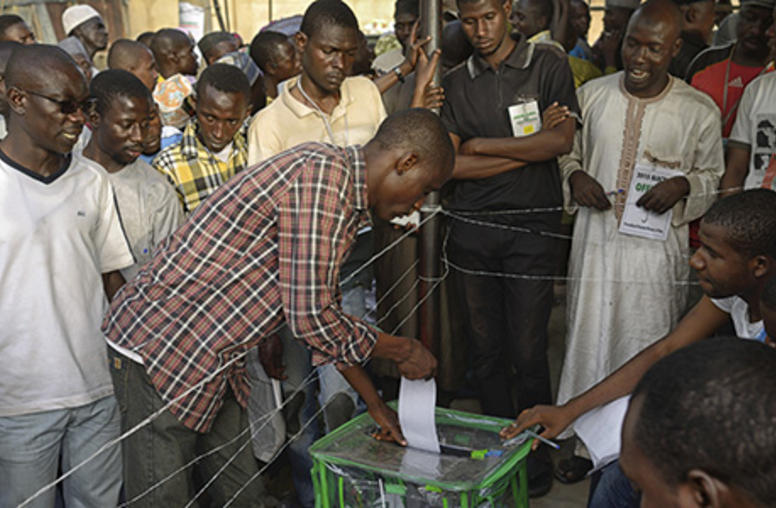
New U.N. Goals Highlight Danger of 'State Fragility' to Development
A new set of development goals that will be adopted by the world’s heads of state at the United Nations in September highlights the crucial problem of “fragile states” and the need to strengthen their governance, according to experts including current and former top diplomats and USIP President Nancy Lindborg.
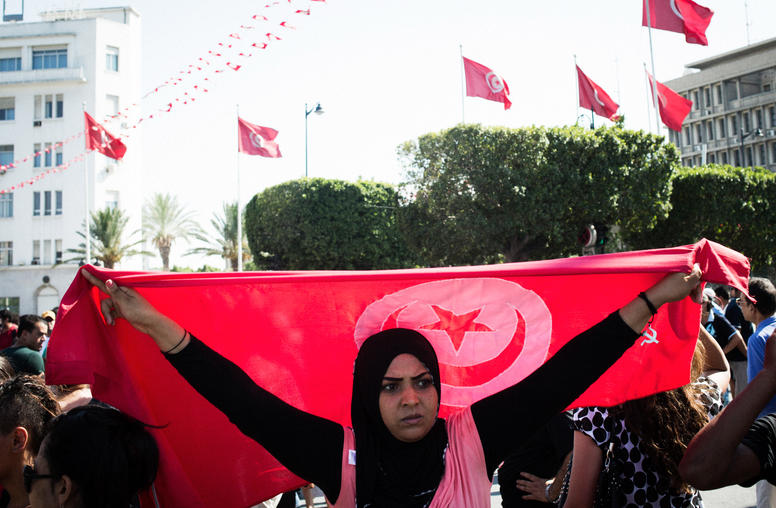
Aid Remains Key to a Counter-ISIS Plan, Tunisia Says
As the Trump administration prepares an international conference to shape strategy against ISIS, the plan should include economic aid to undercut extremist recruitment, Tunisia’s foreign minister said March 14. Financial help is essential to help nations at risk, such as Tunisia, offer jobs and futures for unemployed, disillusioned youth, Foreign Minister Khemaies Jhinaoui told an audience at USIP.
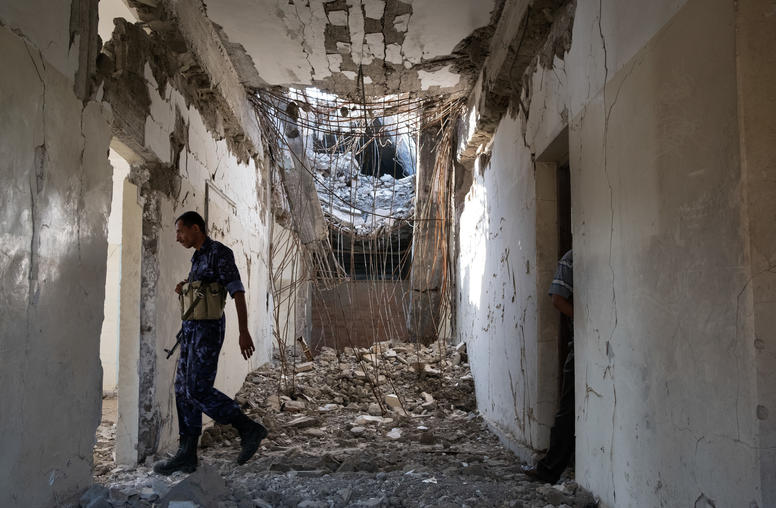
Beneath the Saudi-Iran Proxy War in Yemen, Part 1
Looking at the maneuvers by Iran and the Saudi-led coalition in Yemen from afar, the battlefield looks a lot like a black-and-white contest for regional power. But as the U.S. considers escalating its role in the conflict—and Secretary of Defense Jim Mattis visits Riyadh this week—it is essential to understand how local realities can get lost in a proxy war.
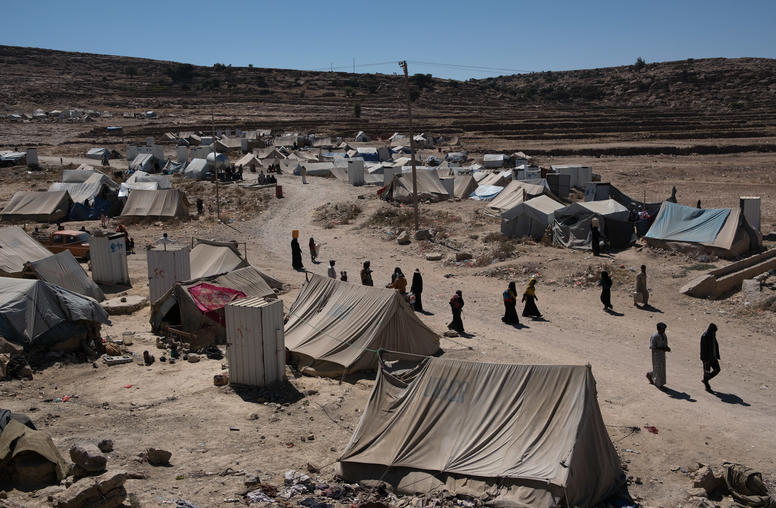
Beneath the Saudi-Iran Proxy War in Yemen, Part 2
The strategic clash between Saudi Arabia and Iran in Yemen masks multiple layers of conflict underneath that have deepened—and in some ways altered—the country’s fractures in local politics, society and security. The chaos has devastated Yemen, one of the world’s poorest countries, and has the potential to burst beyond the nation’s borders and further destabilize an already troubled region. It also allows the likes of the Islamic State (ISIS) and Al-Qaeda in the Arabian Peninsula (AQAP) to thrive.
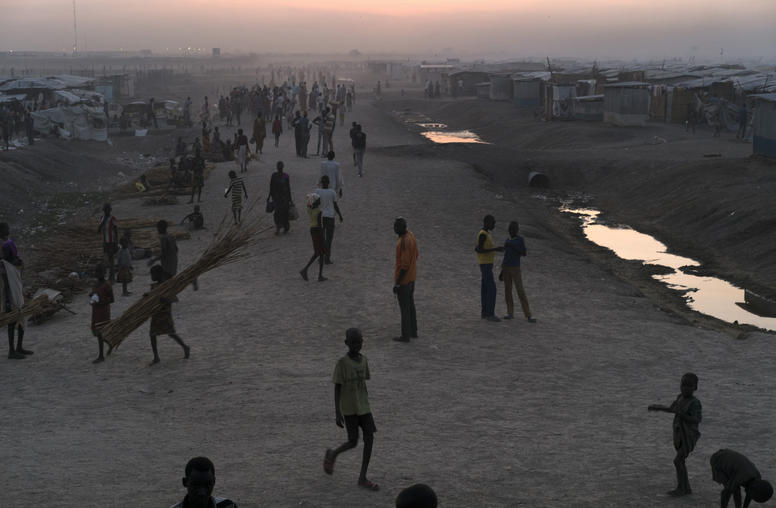
South Sudan Disaster Demands U.S. Attention, Coons Says
U.S. Senator Chris Coons, back from a recent trip to South Sudan, urged the Trump administration to make the conflict and humanitarian crisis in the African nation a priority. He also suggested that a special envoy might spur a peace process among the country’s warring factions.
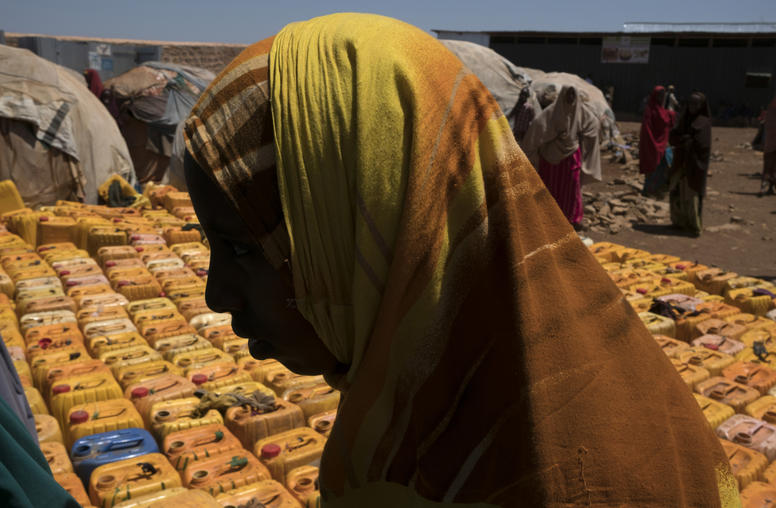
How Drought Escalates Rebel Killings of Civilians
The 2011 famine in Somalia, caused by a prolonged drought, killed an estimated 260,000 people. But this was more than a natural disaster. Amid the starvation, food shortages prompted rebels of al-Shabab, the armed group fighting Somalia’s government and spreading terror abroad, to attack local farmers to seize their food reserves, causing even more civilian deaths. It’s a pattern that plays out in rural regions across the developing world.
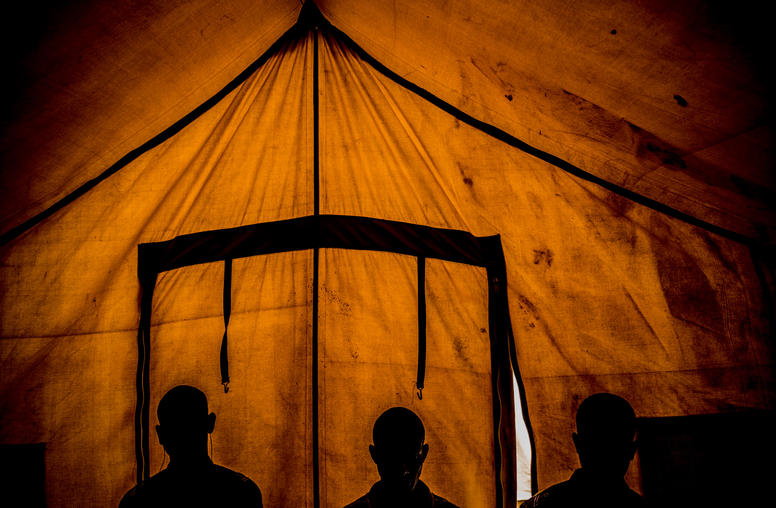
Defusing Violent Extremism in Fragile States
In Nigeria, a radio call-in show with local Islamic scholars provided an alternative to extremist propaganda. In Somalia, training youth in nonviolent advocacy for better governance produced a sharp drop in support for political violence. In the Lake Chad region, coordinating U.S. defense, development and diplomatic efforts helped push back Boko Haram and strengthened surrounding states. Such cases illustrate ways to close off the openings for extremism in fragile states, experts said in a discussion at the U.S. Institute of Peace.
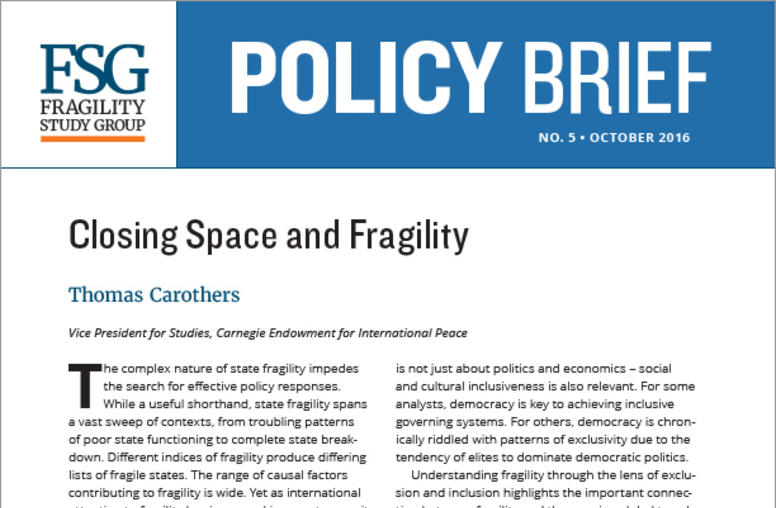
Closing Space and Fragility
The Fragility Study Group is an independent, non-partisan, effort of the Carnegie Endowment for International Peace, the Center for a New American Security and the United States Institute of Peace. The chair report of the study group, U.S. Leadership and the Challenge of State Fragility, was released on September 12. This brief is part of a series authored by scholars from the three institutions that build on the chair report to discuss the implications of fragility on existing U.S. tools, st...